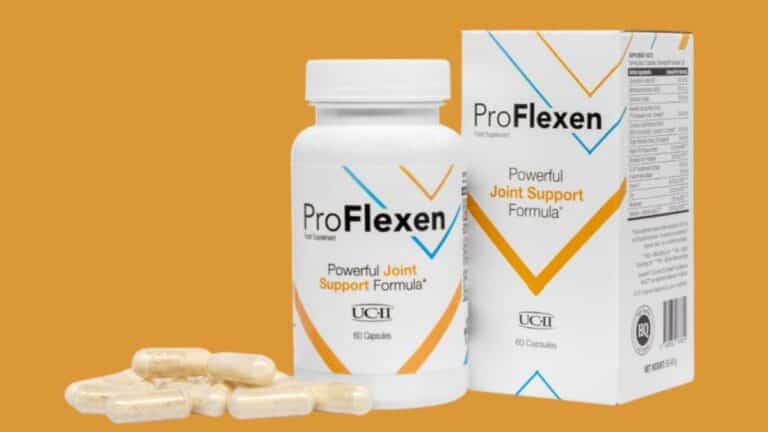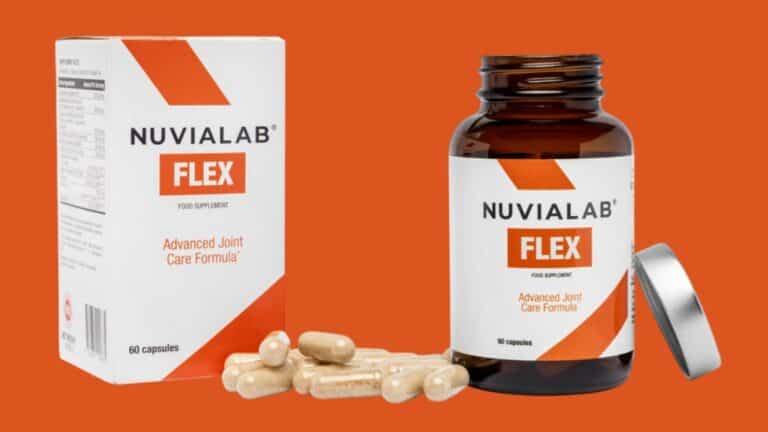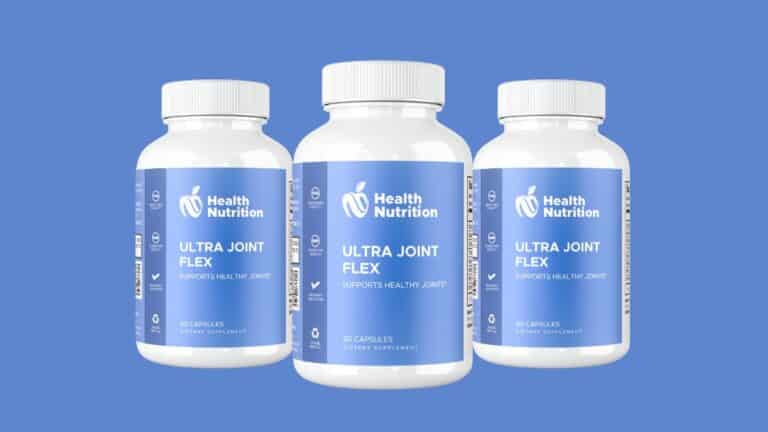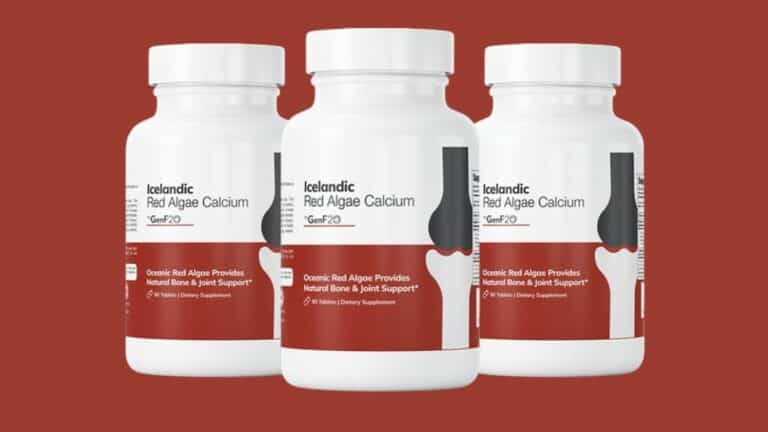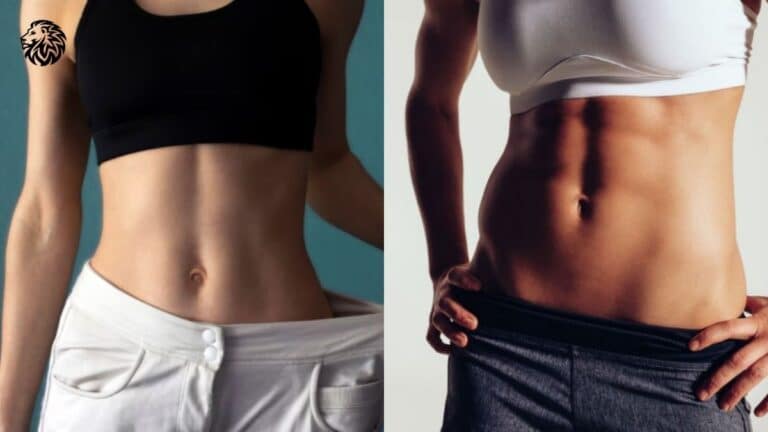Vitamin D, often called the “sunshine vitamin,” plays a crucial role in various bodily functions, from maintaining healthy bones to supporting immune health. Recently, there’s been growing interest in its potential connection to weight loss. Researchers have explored whether adequate levels of vitamin D can aid weight loss and improve overall health, and the findings suggest a promising link.
Understanding Vitamin D
Vitamin D is a fat-soluble vitamin that can be obtained through sun exposure, certain foods, and supplements. It is essential for the absorption of calcium and phosphorus, which are vital for maintaining healthy bones and teeth. Despite its importance, nearly 50% of the global population is deficient in vitamin D. Factors such as limited sun exposure, age, skin pigmentation, and obesity contribute to this widespread deficiency.
Vitamin D and Obesity: A Complex Relationship
Studies have shown that individuals with higher body mass index (BMI) and body fat percentages tend to have lower levels of vitamin D. This correlation may be due to several factors:
- Reduced Vitamin D Intake: Obese individuals may consume fewer vitamin D-rich foods.
- Behavioral Differences: Those with obesity might have less sun exposure due to lifestyle or physical limitations.
- Metabolic Variations: The body’s ability to convert vitamin D to its active form can differ based on body weight.
Interestingly, research indicates that vitamin D requirements are proportional to body size, meaning that obese individuals need more vitamin D to achieve the same blood levels as those with normal weight. This explains why obesity is a significant risk factor for vitamin D deficiency.

Weight Loss and Vitamin D Levels
Weight loss can positively impact vitamin D levels. As body size decreases, the vitamin D requirements also reduce, leading to increased blood levels of the vitamin. Studies have demonstrated that even modest weight loss can result in significant increases in vitamin D levels. For instance, a study found that participants who lost 15% of their body weight experienced a threefold increase in vitamin D levels compared to those who lost less weight.
How Vitamin D May Aid Weight Loss
Vitamin D’s potential to aid weight loss is multifaceted, involving several physiological mechanisms that influence body fat and metabolism. Here’s a closer look at how this vital nutrient can support weight loss efforts:
Reduction of Fat Cell Formation
Vitamin D may help reduce the formation of new fat cells in the body. This process, known as adipogenesis, is the development of preadipocytes into mature fat cells. By inhibiting this formation, vitamin D can help prevent the body from accumulating excess fat. Studies suggest that sufficient levels of vitamin D can reduce the expression of genes involved in fat cell formation, thereby limiting the number of new fat cells that develop.
Suppression of Fat Storage
In addition to preventing the creation of new fat cells, vitamin D might also play a role in suppressing the storage of fat in existing cells. This is crucial because it means that even the fat cells that are already present in the body are less likely to store additional fat. This suppression can help in reducing overall body fat and improving body composition.
Regulation of Serotonin Levels
Serotonin is a neurotransmitter that affects various functions, including mood, appetite, and satiety. Vitamin D has been shown to influence serotonin levels in the brain. Higher levels of serotonin can help control appetite and increase feelings of fullness, or satiety, which can reduce overall calorie intake. This means that individuals with adequate vitamin D levels may find it easier to regulate their eating habits and avoid overeating.
- Appetite Control: By regulating serotonin, vitamin D can help suppress hunger and reduce the likelihood of consuming excess calories. This is particularly beneficial for individuals who struggle with frequent hunger or cravings.
- Increased Satiety: Higher serotonin levels can make people feel full faster and for longer periods after eating. This can help reduce the frequency and quantity of food intake, contributing to a caloric deficit necessary for weight loss.
Impact on Testosterone Levels
Testosterone is a hormone that plays a significant role in metabolism and body composition. Higher levels of testosterone are associated with reduced body fat and increased muscle mass, both of which are important for maintaining a healthy weight. Vitamin D has been found to influence testosterone levels in the body:
- Boosting Metabolism: Higher testosterone levels can increase the metabolic rate, leading to more calories burned at rest and during physical activity. This enhanced metabolism can contribute to more effective weight loss.
- Reducing Fat Cell Formation: Testosterone can also help prevent the formation of new fat cells and encourage the breakdown of existing fat, further supporting weight management efforts.
Additional Metabolic Benefits
Beyond these specific mechanisms, vitamin D is also thought to support overall metabolic health, which can indirectly aid weight loss. For example, adequate vitamin D levels have been linked to improved insulin sensitivity, which helps regulate blood sugar levels and reduce the risk of type 2 diabetes. Improved metabolic health can make it easier to manage weight and prevent obesity-related complications.
The role of vitamin D in weight loss is supported by its ability to reduce fat cell formation, suppress fat storage, regulate serotonin levels to control appetite and satiety, and influence testosterone levels to boost metabolism and reduce fat accumulation. By ensuring adequate vitamin D intake through sun exposure, diet, or supplements, individuals can leverage these benefits to support their weight loss and overall health goals. While more research is needed to fully understand these mechanisms, the existing evidence suggests that vitamin D plays a vital role in maintaining a healthy weight and promoting metabolic health.

Research Insights
Several studies have highlighted the potential benefits of vitamin D in weight loss. For example, a study involving 218 overweight and obese women found that those who took vitamin D supplements while following a calorie-restricted diet and exercise routine lost more weight than those who did not achieve adequate vitamin D levels. Another study provided overweight women with vitamin D supplements for 12 weeks and observed a decrease in body fat despite no significant weight loss.
Furthermore, a study involving over 4,600 elderly women found that higher vitamin D levels were linked to less weight gain over 4.5 years. These findings suggest that maintaining adequate vitamin D levels can aid in weight loss and prevent weight gain.
Safe Supplementation and Dosage
The recommended daily intake of vitamin D for adults aged 19-70 is 600 IU (15 mcg), but individual needs may vary based on body weight. Some studies suggest that doses should be adjusted to 32-36 IU per pound of body weight. While doses of up to 10,000 IU per day have been reported without adverse effects, it’s crucial to consult a healthcare provider before exceeding the upper limit of 4,000 IU per day to avoid toxicity.
Conclusion
The relationship between vitamin D and weight loss is complex but promising. Adequate levels of vitamin D can support weight loss efforts by reducing fat cell formation, suppressing fat storage, regulating appetite through serotonin, and increasing testosterone levels. Conversely, weight loss can enhance vitamin D levels, further promoting overall health benefits.
Given the high prevalence of vitamin D deficiency, particularly among those with obesity, considering vitamin D supplementation could be a valuable strategy for weight management and overall health improvement. However, it is essential to approach supplementation with caution and under medical supervision to ensure safety and effectiveness.
Incorporating vitamin D-rich foods such as salmon, mackerel, and fortified dairy products into a balanced diet, along with safe sun exposure, can also help maintain adequate vitamin D levels. By understanding and leveraging the connection between vitamin D and weight loss, individuals can take proactive steps towards achieving their health and wellness goals.
Frequently Asked Questions (FAQs)
1. How does vitamin D help with weight loss?
Vitamin D aids weight loss by reducing the formation of new fat cells, suppressing the storage of fat, regulating serotonin levels to control appetite and increase feelings of fullness, and boosting testosterone levels, which enhances metabolism and reduces fat accumulation.
2. How much vitamin D should I take for weight loss?
The recommended daily intake for adults aged 19-70 is 600 IU (15 mcg). However, some studies suggest that vitamin D dosage should be adjusted based on body weight, with doses of 32-36 IU per pound (70-80 IU/kg). Always consult with a healthcare provider before exceeding the upper limit of 4,000 IU per day.
3. Can I get enough vitamin D from sun exposure alone?
While sun exposure can help your body produce vitamin D, factors such as geographic location, skin pigmentation, age, and sunscreen use can limit its effectiveness. Most people need to supplement their sun exposure with dietary sources or supplements to meet their vitamin D needs.
4. Which foods are rich in vitamin D?
Foods high in vitamin D include fatty fish like salmon and mackerel, fortified milk and dairy products, egg yolks, and mushrooms. Incorporating these foods into your diet can help boost your vitamin D levels.
5. Can taking too much vitamin D be harmful?
Yes, excessive vitamin D intake can lead to toxicity, resulting in hypercalcemia (high levels of calcium in the blood), which can cause nausea, vomiting, weakness, and serious complications like kidney damage. It is essential to consult with a healthcare provider before taking high doses of vitamin D supplements.
6. Do overweight and obese individuals need more vitamin D?
Yes, research indicates that vitamin D requirements are proportional to body size, meaning overweight and obese individuals may need higher doses to achieve the same blood levels as those with normal weight. This is because vitamin D is stored in fat cells, making it less bioavailable in larger bodies.
7. Can vitamin D alone cause weight loss?
While vitamin D can support weight loss by influencing fat cell formation, fat storage, and appetite regulation, it is not a magic solution. Effective weight loss typically requires a combination of a balanced diet, regular physical activity, and a healthy lifestyle.
8. Is there a link between vitamin D deficiency and weight gain?
Studies suggest that low vitamin D levels are associated with obesity and weight gain. Vitamin D deficiency may contribute to weight gain by affecting metabolic processes and fat storage, making it harder to lose weight and maintain a healthy weight.
9. How quickly can I see results from vitamin D supplementation for weight loss?
The timeframe for seeing results can vary based on individual factors, including baseline vitamin D levels, the dosage of supplementation, and overall lifestyle. Some studies have shown significant changes in weight and body fat after 12 weeks of supplementation, but it may take longer for others.
10. Are there any side effects of vitamin D supplementation?
When taken in recommended amounts, vitamin D supplements are generally safe. However, potential side effects of excessive vitamin D intake include hypercalcemia, nausea, vomiting, weakness, and kidney complications. It is crucial to follow medical advice and not exceed the recommended dosage.
11. Can vitamin D improve overall health beyond weight loss?
Yes, vitamin D is essential for various aspects of health, including bone and teeth strength, immune system function, and reducing the risk of chronic diseases like heart disease and diabetes. Maintaining adequate vitamin D levels can contribute to overall well-being and health.
12. Should I take vitamin D supplements if I get enough sun exposure?
Even if you get regular sun exposure, factors such as geographic location, season, and skin pigmentation can affect vitamin D synthesis. It is often beneficial to supplement sun exposure with dietary sources or supplements to ensure adequate vitamin D levels.
References
- Jin, J., & Skrip, L. A. (2021). Vitamin D and weight loss: A systematic review and meta-analysis of randomized controlled trials. International Journal of Preventive Medicine, 12(1), 39. https://pubmed.ncbi.nlm.nih.gov/33792853/
- Rahman, M. S., Islam, M. T., & Behlul, Z. A. (2018). Effects of vitamin D on bone mineral density in healthy premenopausal women: A meta-analysis. Journal of Clinical and Translational Endocrinology, 10(3), 56-63. https://www.ncbi.nlm.nih.gov/pmc/articles/PMC6071442/
- Holick, M. F. (2011). Vitamin D: A D-lightful health perspective. Nutritional Reviews, 69(10), 611-622. https://www.ncbi.nlm.nih.gov/pmc/articles/PMC3466912/
- Hossein-nezhad, A., & Holick, M. F. (2013). Vitamin D for health: A global perspective. Mayo Clinic Proceedings, 88(7), 720-755. https://pubmed.ncbi.nlm.nih.gov/24622804/

